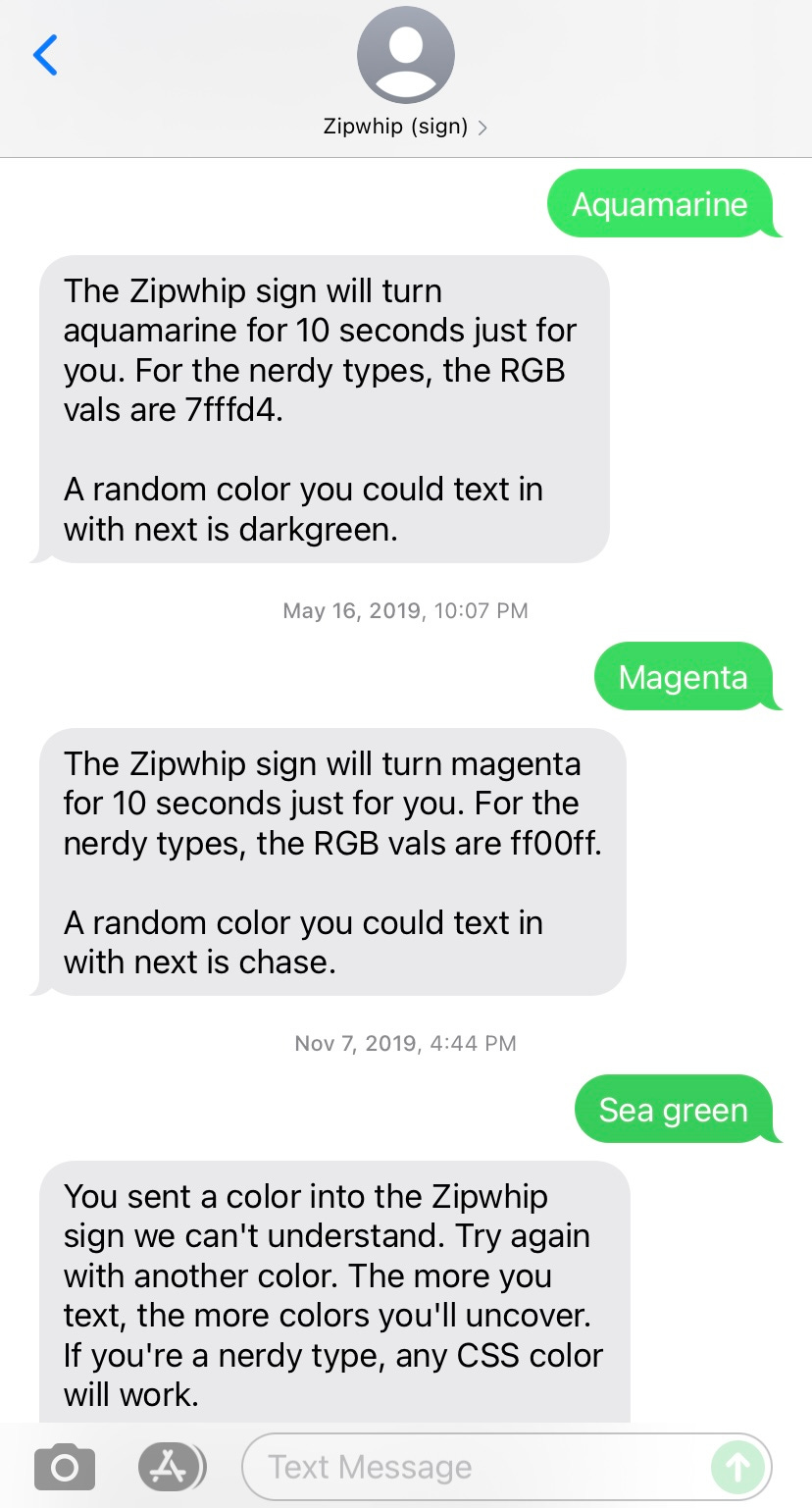Halle is wandering the country (or Los Angeles) going aggro on dudes like she’s Max Rocketanski and I just started a big new job with a growth stage startup that has this wild idea that the folks on their cap table can be strategic assets — IMAGINE — so it’s Brain Dump time.


What I’m Excited About This Week
The Notion API is in public beta and is up on Automate.io and Zapier. I played around with it a bit and it’s not quite ready to bring back the pneumatic tube — the only available trigger is “new database entry” with no conditions or triggers off checkboxes or tags. But you can start to get a feel for how this is going to work. For example, I maintain a public list of my favorite Twitter threads and it would take me less than 5 minutes to build a 2-step Zap to add to that list.
More money earmarked for underrepresented founders! Janine Sickmeyer and Brandon Brooks have $50 million for Overlooked founders. Carta announced they’re backing more than two dozen emerging managers. And even Twitter (!) is investing in VC directly from their balance sheet.
More money for pizza robots!
What I’m Reading
"She very politely asked me what exactly ‘no code’ was"
I found three key takeaways from Zoelle’s piece (and shoutout to Aron for publishing it).
“No code” is just a name we’ve settled on. Less important than what we call ourselves is how many people are out there doing amazing things in the space. They might not even be aware there’s a name. (Take it from me, a person who got pulled into the tech business via Virtual Reality/Augmented Reality/Extended Reality/Mixed Reality/Supercalifragilisticexpialidocious Reality.)
Her tips for onboarding folks to an Airtable that someone else built are excellent and generalizable: Document clearly and comprehensively, create space at the beginning for a new user to orient and gain context, and get the user to see value ASAP.
Design with people in mind. Always.
Google’s new features in Docs (or is it Workspace?) will likely do wonders to combat context switching. But if you’ve spent any amount of time in Notion or Coda, many of these features will seem old hat. Google can only move so fast with its billions of users, so this iteration is as welcome as it is overdue. It’s also worth asking whether iteration will be the new normal in or if this is a temporary punctuation in the evolution of Google Docs.
To that end, Casey Newton got an absolutely choice quote from Coda CEO Shishir Mehrotra.
“I think they're gonna get stuck at what I call the Dropbox Paper point,” Mehrotra said, referring to the file-storage company’s tepid attempt to improve digital documents. “Which is like, there's like a set of things you can do without fundamentally changing the paradigm. And it'll be good — I think a lot of people will love @-mentions and so on. They're clearly trying to cherry-pick attractive features — they highlighted voting and reactions, which are two of our most popular features. They're clearly trying to pull individual things in. But if you don't want to fundamentally change the product, there's only so far you can go.”
Twilio to acquire Seattle business texting startup Zipwhip for $850M
When Zipwhip’s office was still located across the street from Safeco Field (now T-Mobile Park), you could text any color to a secret phone number and the company’s LED-lit office sign would change to that color for 10 seconds. It was a neat party trick.
Anyway:
Twilio, a communications software company with Seattle roots, is acquiring Seattle-based business-texting startup Zipwhip for approximately $850 million in a cash and stock deal, the companies announced Monday.
Founded in 2007, Zipwhip originally targeted consumers and set out to be the “Facebook of text messaging.” But it pivoted around 2013, taking a different approach by working with wireless carriers to enable hundreds of millions of business landlines to receive and send text messages. This allowed companies to text with their customers from landline phones, VoIP services, and toll-free numbers.
This one is fascinating to me. Both companies started around the same time, and while Zipwhip built a great business selling SaaS to businesses to enable any phone number to send and receive text messages, Twilio became a behemoth by essentially turning that into a feature for any number of vertical-specific applications (and capping Zipwhip’s growth in the process).
APIs, man.






